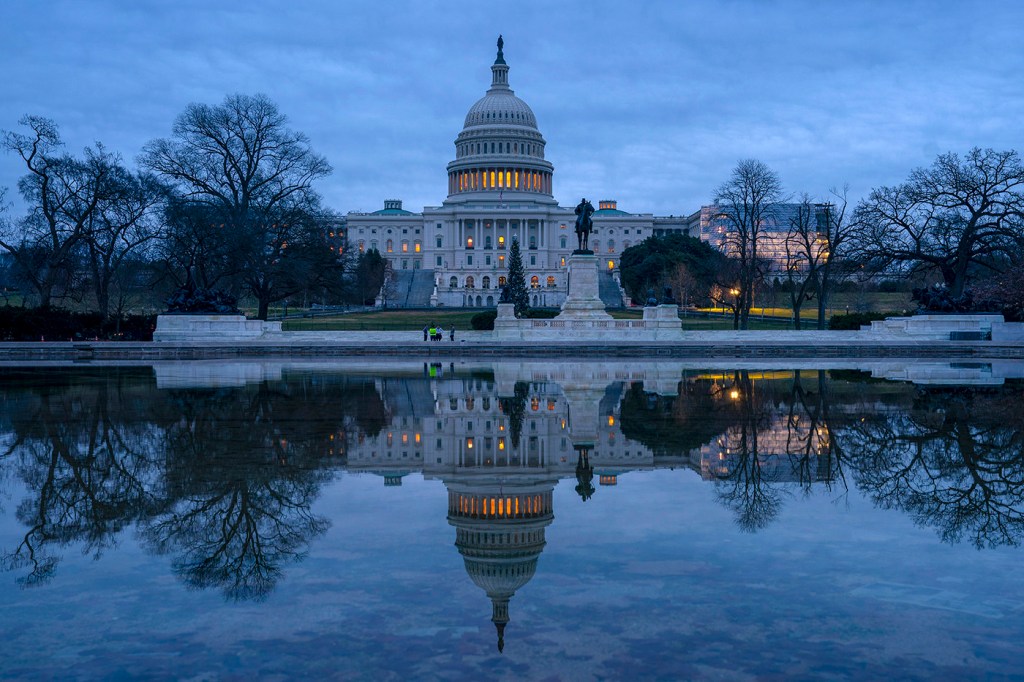The government might shut down this weekend. Here’s how we got here and how it would affect you.

As the United States steadily marches toward a budget shortage that would kick off a Christmastime government shutdown, a deal to bridge the spending gap is teetering in the balance. But what makes this looming shutdown different from others in the past few years, said Nick Beauchamp, assistant professor of political science at Northeastern, is who will be blamed for it.
“The game with this shutdown brinkmanship is which side, Democrats or Republicans, gets more blame for it,” he said. “This time around, [President Donald] Trump just said he’d take responsibility for it.”
Why might the government shut down?
Congress has until midnight on Friday, Dec. 21 to avert a partial shutdown, because nine federal agencies will run out of money by then. To prevent this, Congress can either pass legislation to fund those agencies or by pass a stopgap measure that would keep those nine agencies funded at their current levels for a short period.
By Wednesday, it appeared Congress would do the latter. A bill passed the Senate late Wednesday night that would’ve funded those nine agencies through Feb. 8.
The problem is, the bill didn’t include any funding for Trump’s border wall, and the president told Speaker Paul D. Ryan Thursday afternoon that he wouldn’t sign this stopgap measure without it.
What will happen if the government does shut down?
Without Trump’s approval, nine federal agencies will run out of money and close at midnight on Friday: The Treasury, and the departments of Agriculture, Homeland Security, the Interior, State, Housing and Urban Development, Transportation, Commerce, and Justice. People who work in those departments deemed essential employees—including correctional officers and border patrol agents—will have to work without pay.
If the government shuts down, National Parks will also likely close. And, with the State Department closed, those looking to renew or acquire a passport may have to wait until it reopens to do so.
How is this time different from other recent shutdowns?
Both parties have used government shutdowns as a bargaining tool for at least a decade, Beauchamp said. The idea is that whichever party appears to be responsible for bringing the government to a grinding halt will be subject to such intense public pressure that its congressmen and -women will be forced to let go of whatever budget grudges they’d held.
Almost exactly a year ago, the United States was faced with a shutdown. Senate Democrats refused to approve a budget that didn’t include protections for “Dreamers,” immigrants who were brought to this country illegally as children. Republicans, meanwhile, said they wouldn’t negotiate on that until the government reopens.
“The last time around, everyone kind of agreed that Democrats were to blame for the shutdown because they were asking for something new in the budget,” Beauchamp said. That gave congressional Republicans the upper hand, he said.
This time, “it’s Trump asking for something new, in the form of more money for the border wall,” Beauchamp said.





